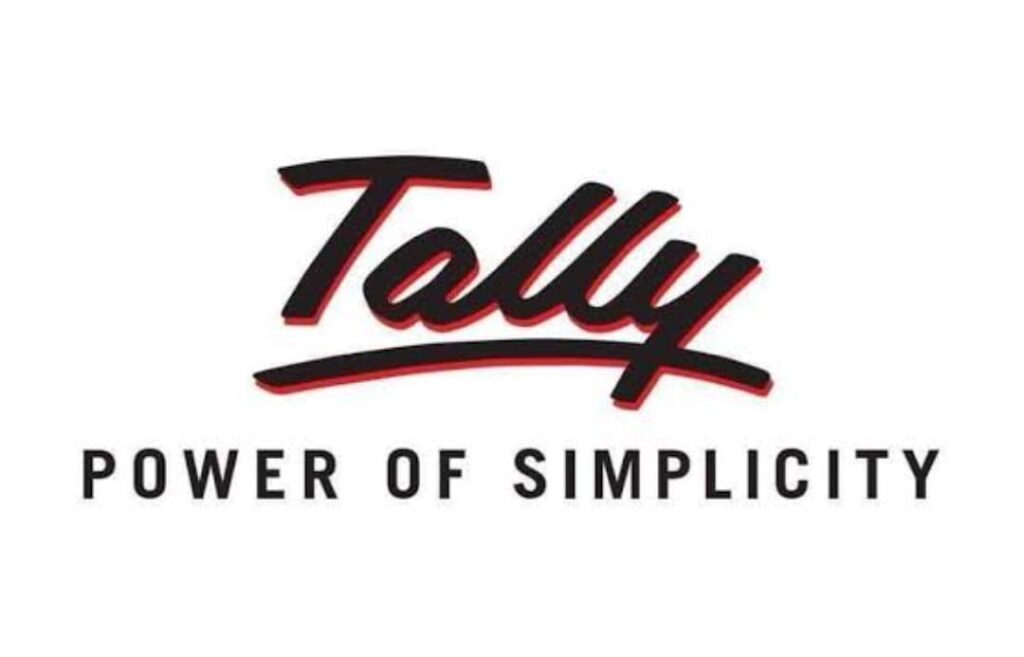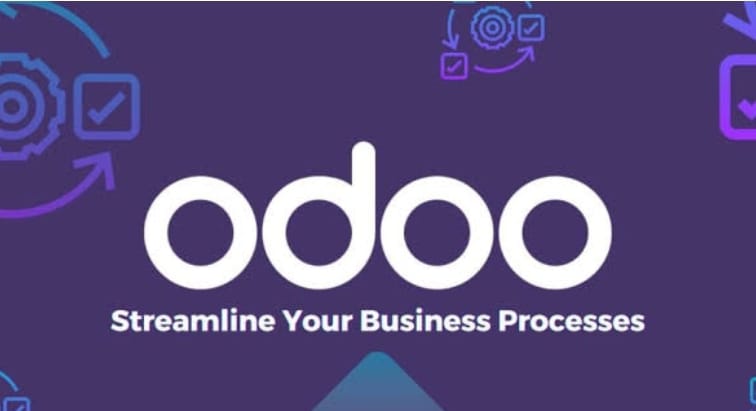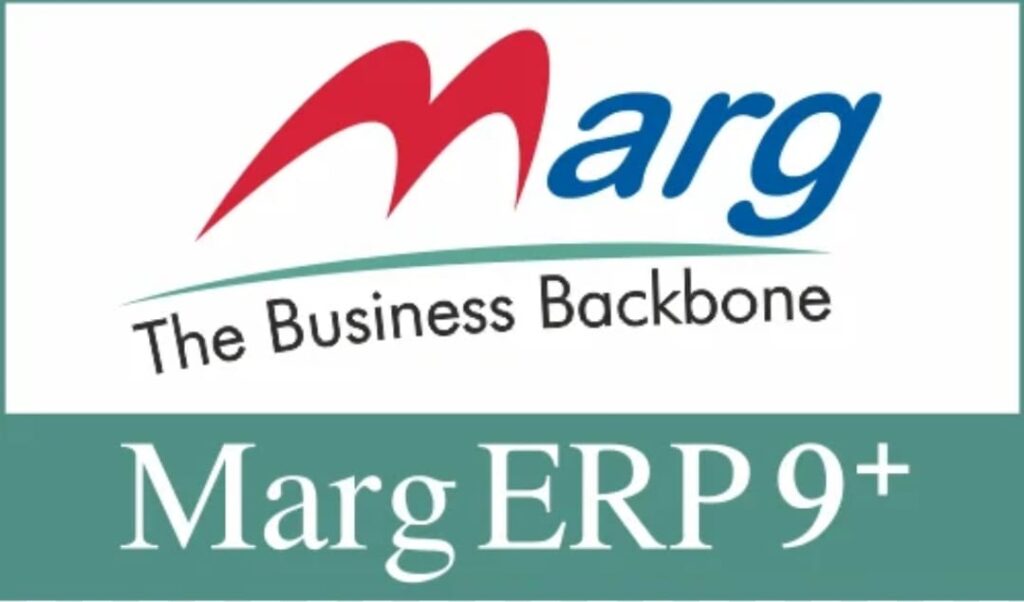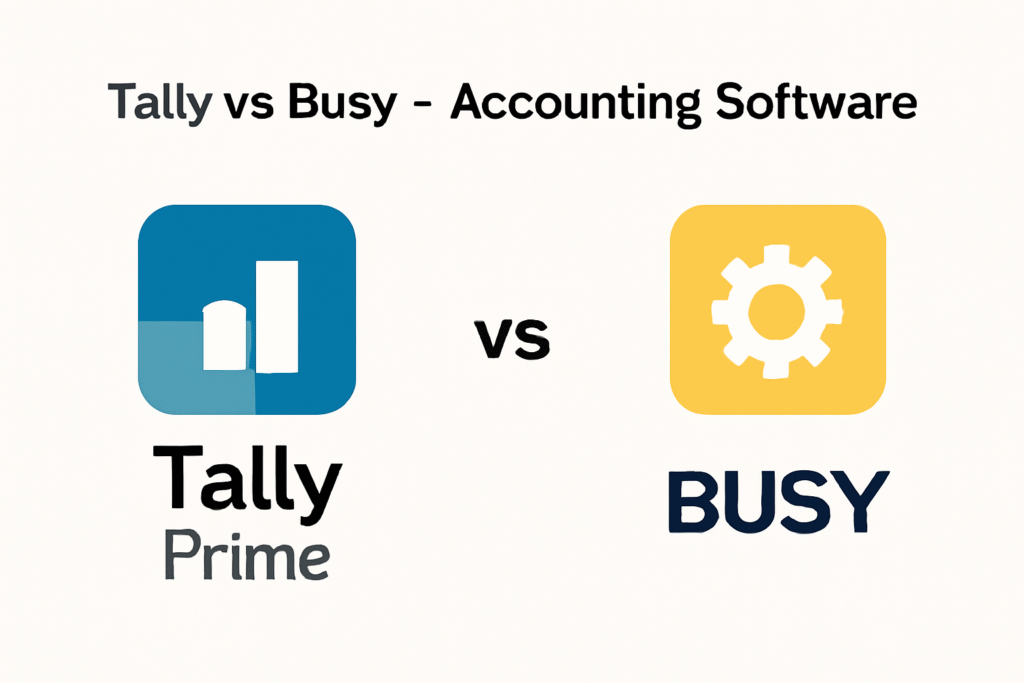What is ERPNext?
ERPNext is an open-source, web-based Enterprise Resource Planning (ERP) software developed by Frappe Technologies. It is designed to help small and medium-sized businesses manage their operations efficiently through a unified platform. ERPNext offers a wide range of features, including accounting, CRM, sales and purchase management, inventory tracking, manufacturing, human resources management, project management, and even website and e-commerce capabilities.
Built using Python and the Frappe Framework, it provides businesses with the flexibility to modify and customize the software to suit their unique needs. As an open-source platform, ERPNext is licensed under the GNU General Public License, allowing users to freely modify and distribute the software. With its responsive design, ERPNext can be accessed across various devices, making it a versatile solution for businesses looking to streamline their processes and improve operational efficiency.
Why Choose ERPNext Software?
- All-in-One Solution
ERPNext Software covers a wide range of business functions including accounting, inventory, sales, purchasing, HR, and more, on one platform. This makes it easy to manage your entire business without needing multiple tools.
- User-Friendly Interface
The software is designed to be simple and easy to use. You don’t need to be an expert to get started and you can navigate through the system easily.
- Cost-Effective
ERPNext is an affordable solution, especially for small to medium-sized businesses. Since it’s open-source, you don’t need to worry about expensive licensing fees, making it a great option for businesses on a budget.
- Automation Features
ERPNext automates routine tasks like invoicing, inventory tracking, and payroll, saving you time and reducing human errors in your operations.
- Scalable for Growth
Whether you’re a small startup or an established company, ERPNext can scale to meet your changing needs as your business expands.
Why ERPNext is better than its competitors?
ERPNext positions itself against competitors by offering an open-source, highly customizable ERP solution that caters primarily to small and medium-sized businesses. Unlike proprietary systems, ERPNext is cost-effective, allowing businesses to modify the software to meet their unique needs. It integrates a wide range of features such as accounting, CRM, inventory management, HR, and manufacturing, eliminating the need for multiple software systems and ensuring smooth data flow across departments.
Built on the flexible Frappe Framework, ERPNext can be tailored by developers, making it adaptable to various industries and business models. Its active, community-driven development ensures constant updates and improvements. With an easy-to-use interface and the ability to customize workflows, ERPNext offers a user-friendly and scalable solution without the high costs typically associated with traditional ERP systems, making it a strong contender in the ERP market.
German, English, French, Spanish, Hindi, Turkish, Bosnian
ERPNext is a comprehensive, open-source Enterprise Resource Planning (ERP) software that helps small and medium-sized businesses manage their day-to-day operations from a single platform. Developed by Frappe Technologies, ERPNext offers a wide array of features, including accounting, customer relationship management (CRM), inventory management, sales and purchase order management, and human resources management.
The software also supports manufacturing workflows, project management, and even e-commerce website creation. Built on the Frappe Framework using Python, ERPNext provides businesses with the flexibility to customize the system to meet specific operational needs. With its user-friendly interface and cloud-based accessibility, ERPNext enables businesses to improve efficiency, reduce manual errors, and streamline various functions like payroll, accounting, and inventory tracking. Its open-source nature allows users to modify, extend, and distribute the software as needed, making it an ideal solution for businesses looking for a scalable, adaptable, and cost-effective ERP system.
2008
Mumbai, Maharashtra, India.
Rushabh Metha
ERPNext is a powerful, open-source ERP software designed for small and medium-sized businesses. It integrates key business functions such as accounting, CRM, inventory management, manufacturing, payroll, and project management into a single platform. With its user-friendly interface and customizable features, ERPNext helps businesses streamline operations, improve efficiency, and reduce costs. As an open-source solution, it offers flexibility and scalability to meet the unique needs of various industries.
Self-Hosted (Open Source) Version
Free
No per-user pricing; accommodates unlimited users. FreeFrappe Cloud Hosting: Shared Hosting
$10 per month
No per-user pricing; accommodates unlimited users. MonthlyFrappe Cloud Hosting: Dedicated Hosting
$200 per month
No per-user pricing; accommodates unlimited users. MonthlyFrappe Cloud Hosting: Premium Hosting
$400 per month
No per-user pricing; accommodates unlimited users. MonthlyProfessional Services
$300 per site per month
No per-user pricing; accommodates unlimited users. MonthlyCan ERPNext be customized to fit my specific requirements?
Yes, ERPNext is highly customizable. Users can tailor it to align with specific business processes, workflows, and terminology by adding user-defined fields, creating custom reports, configuring workflows, and integrating with other systems.
Who can use ERPNext?
ERPNext is suitable for small, medium, and large enterprises across various industries such as manufacturing, retail, healthcare, education, and services.
Does ERPNext support third-party integrations?
Yes, ERPNext supports integrations with:
Payment Gateways (PayPal, Stripe, Razorpay)
E-commerce platforms (Shopify, WooCommerce)
APIs for third-party apps
How do I install ERPNext?
You can install ERPNext using the following methods:
Using Docker
Using Bench (manual installation)
Via ERPNext Cloud (no installation needed)
Can I use ERPNext for accounting?
Yes, ERPNext has a full-fledged accounting module with features like:
General Ledger
Accounts Payable/Receivable
Tax Management
Bank Reconciliation
ERPNext is an open-source Enterprise Resource Planning (ERP) software designed to assist businesses in managing various aspects of their operations, including accounting, customer relationship management (CRM), inventory management, sales, purchase, and human resources. It offers a comprehensive suite of features tailored for small to medium-sized enterprises.
Pros:
-
Customization: ERPNext allows extensive personalization, enabling businesses to tailor the software to match their unique operational workflows.
-
User-Friendly Interface: The clean, minimalistic design of ERPNext facilitates ease of use, helping new users acclimate quickly without extensive training.
-
Comprehensive Reporting: ERPNext excels in detailed analytics, providing companies with deep insights into their business metrics and performance indicators.
-
Open-Source Nature: Being open-source, ERPNext offers flexibility and cost-effectiveness, allowing businesses to modify and extend the software as needed.
Cons:
-
Learning Curve: Despite its user-friendly aspects, ERPNext requires a period of adjustment, meaning businesses may face initial productivity slowdowns.
-
Scalability: As companies grow, some find that ERPNext’s capabilities may not scale proportionally, potentially necessitating a system change or upgrade.
-
Limited Integrations: The software has fewer integrations compared to competitors, which could hinder multi-tool synergy within some businesses.
-
Support and Documentation: Some users have reported challenges with the support system and documentation, indicating areas for improvement.
In summary, ERPNext offers a robust and customizable ERP solution suitable for small to medium-sized businesses seeking an open-source platform to manage their operations. While it provides extensive features and flexibility, potential users should consider the learning curve, scalability, integration capabilities, and support resources when evaluating its suitability for their organization.
 CA Tushar Makkar
CA Tushar Makkar














